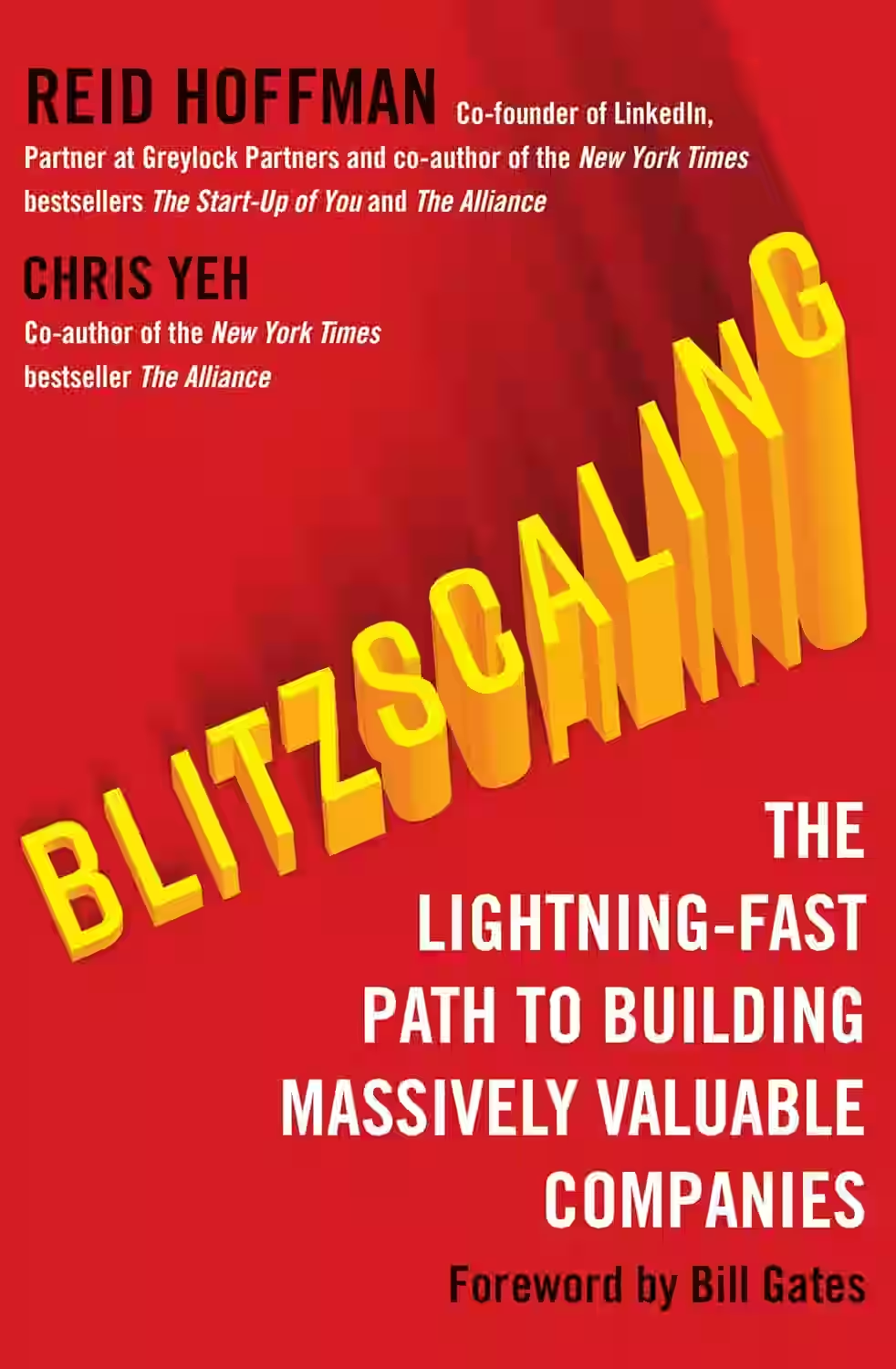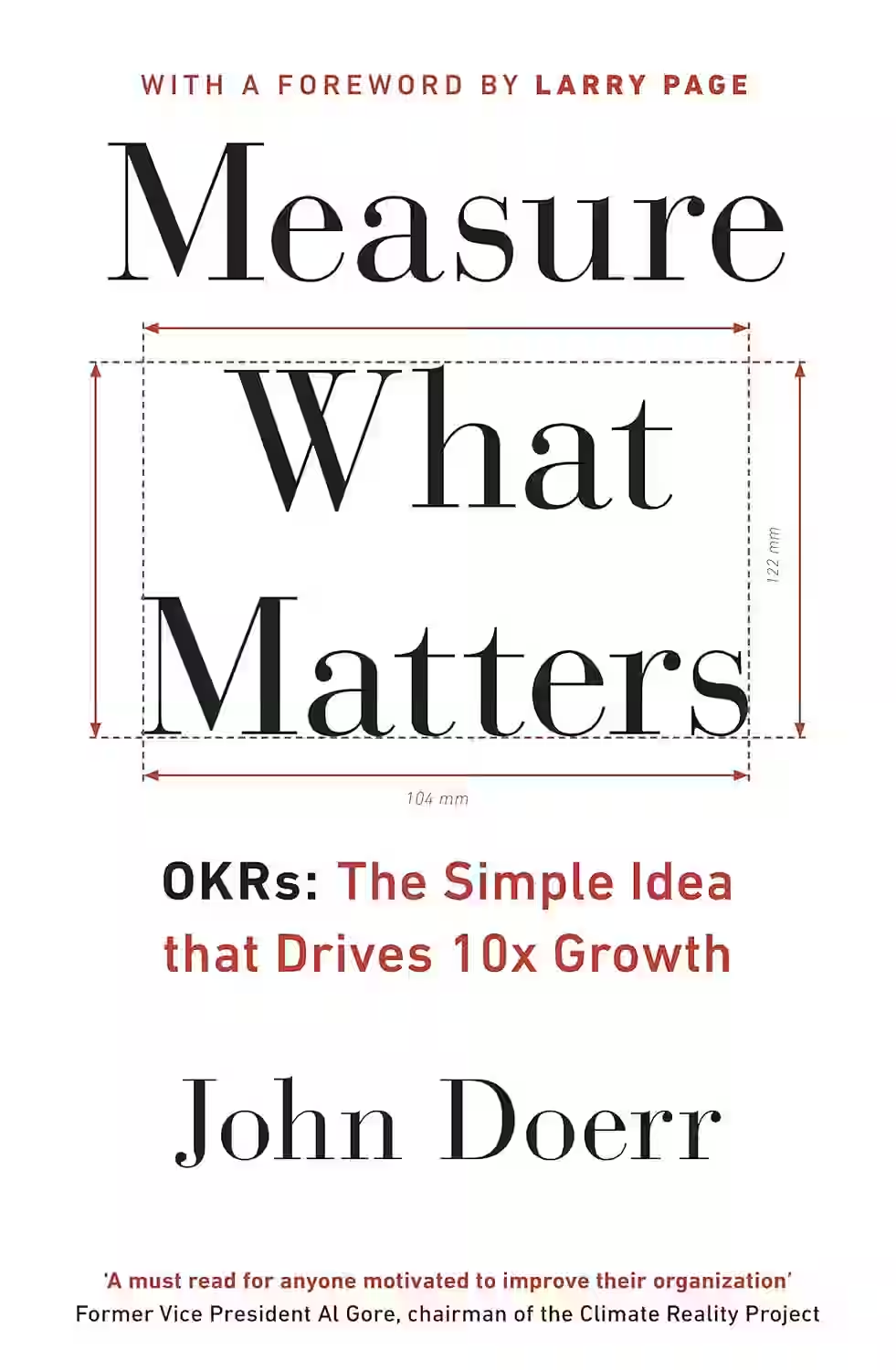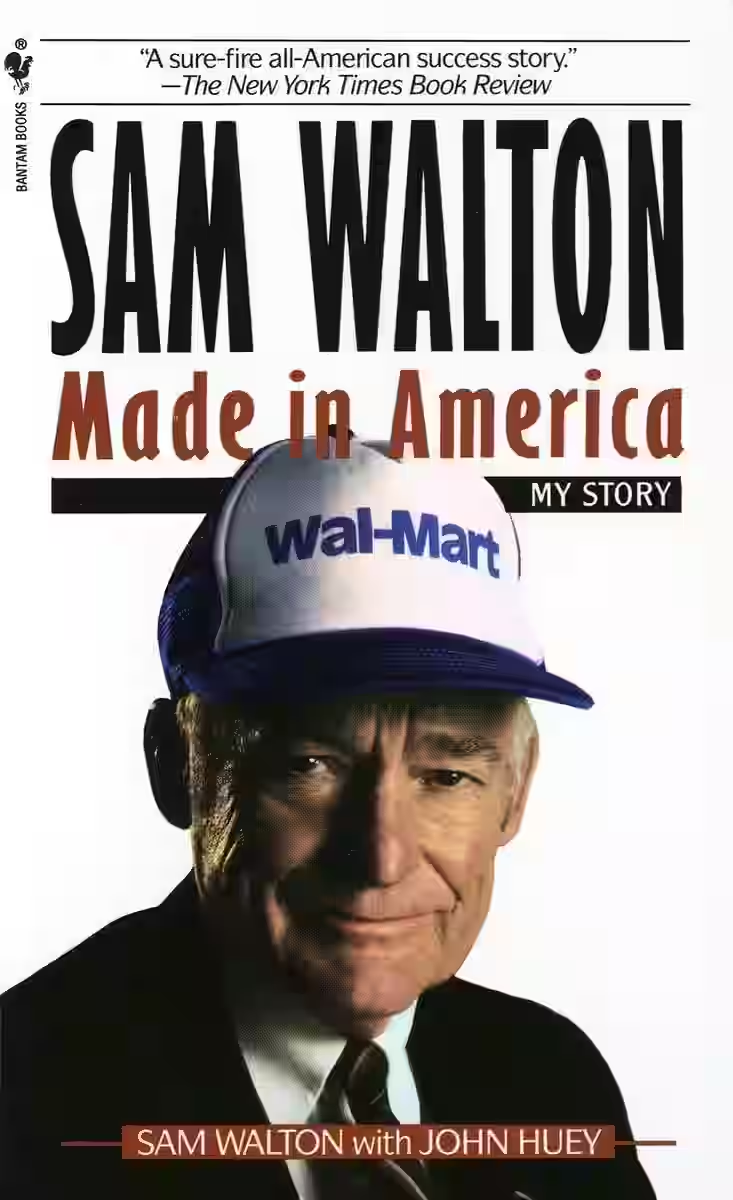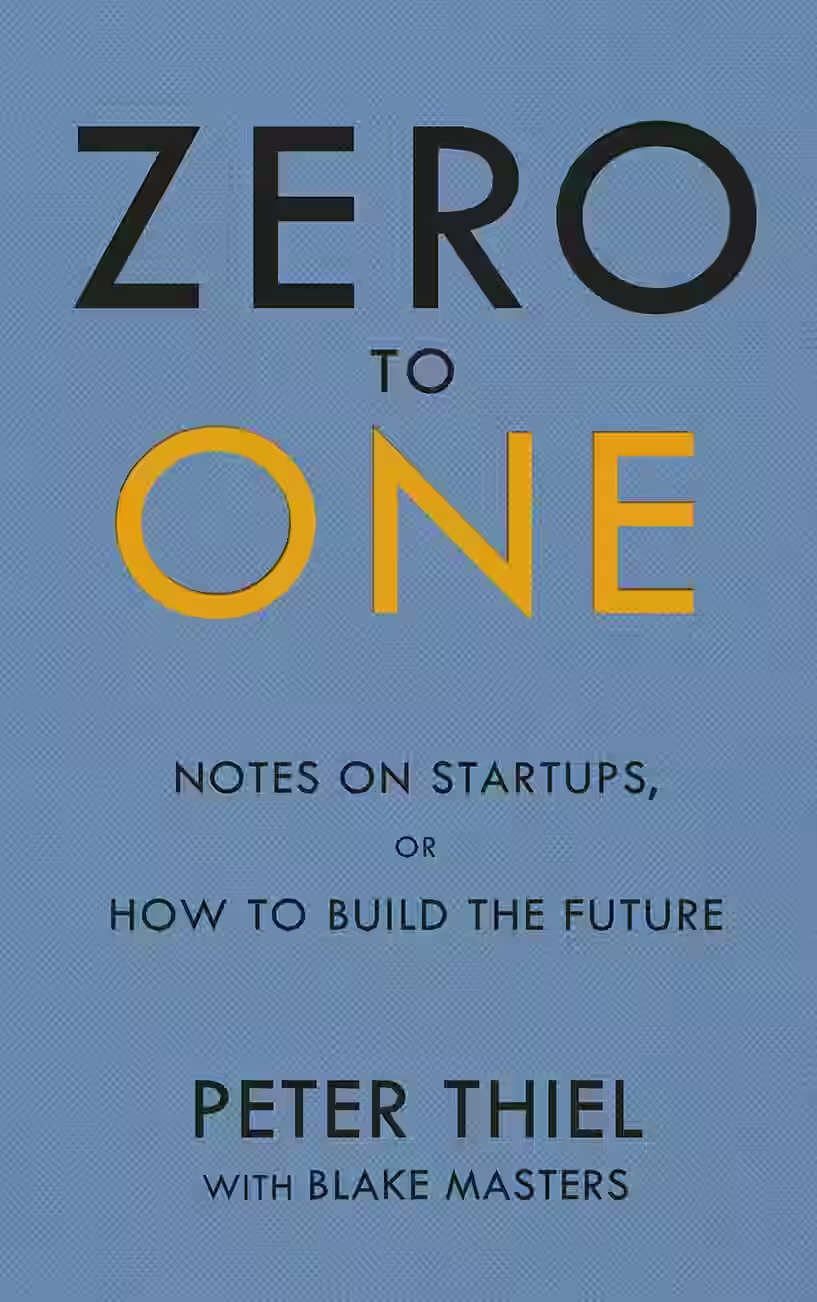
In 'Blitzscaling,' Reid Hoffman, a co-founder of LinkedIn, delves into the concept of rapidly scaling a business in a way that prioritizes speed over efficiency. Through case studies and real-world examples, Hoffman explores the strategies and challenges companies face when aiming for exponential growth, emphasizing the importance of prioritizing growth above all else. The book offers valuable insights into navigating the complexities of scaling a startup and shares practical advice on when to 'blitzscale' and when to proceed with caution. With a focus on disruption and innovation, 'Blitzscaling' is a must-read for entrepreneurs and business leaders looking to propel their organizations to new heights.
About Reid Hoffman
Reid Hoffman is a prominent American entrepreneur, venture capitalist, and author best known as the co-founder of LinkedIn, the professional networking platform that revolutionized online networking. Born in Palo Alto, California in 1967, Hoffman attended Stanford University where he earned a degree in Symbolic Systems and Cognitive Science. Apart from his entrepreneurial success, Hoffman is also an accomplished author, with his book 'The Start-Up of You' offering insights into building a successful career in today's rapidly changing world. His impact on literature lies in his ability to translate complex business concepts into accessible and practical advice, making him a sought-after voice in both entrepreneurial and literary circles.
About Chris Yeh
Chris Yeh is a Silicon Valley entrepreneur, investor, and author renowned for co-authoring Blitzscaling with Reid Hoffman and The Alliance with Hoffman and Ben Casnocha. Since 1995, he has founded, advised, or invested in over 100 high-tech startups, including Ustream and UserTesting.com . Yeh is a founding General Partner at Blitzscaling Ventures, focusing on investing in rapidly scaling startups . He holds dual degrees from Stanford University and an MBA from Harvard Business School, where he was a Baker Scholar . As a keynote speaker, Yeh has delivered over 1,500 talks worldwide, sharing insights on hypergrowth, AI, and modern talent strategies .
Similar Books

Measure What Matters
by John Doerr
This influential business book introduces the Objectives and Key Results (OKRs) framework, a goal-setting system used by major companies like Google, Intel, and Bono’s ONE campaign. John Doerr, a legendary venture capitalist, outlines how OKRs help organizations focus effort, track progress, and foster alignment and accountability. Through detailed case studies from Google, YouTube, and the Gates Foundation, Doerr shows how this method has transformed productivity and performance. Larry Page has praised the book, saying he wished he had it at the beginning of Google’s journey. “Measure What Matters” is a practical blueprint for building goal-driven, agile organizations.

Sam Walton: Made in America
In Made in America, Walmart founder Sam Walton shares the story of building the world’s largest retail empire from a single store in Arkansas. Written in Walton’s own words, the memoir reveals his relentless work ethic, frugality, and obsession with customer satisfaction. He reflects on the principles that drove Walmart’s success, including employee empowerment, aggressive expansion, and constant innovation. Candid and down-to-earth, the book also touches on mistakes and challenges. Beyond a business biography, Made in America is an inspiring account of entrepreneurial vision, small-town values, and the competitive drive that revolutionized American retail.

Cashing in on the American Dream
In 'Cashing in on the American Dream' by Paul Terhorst, the author challenges the conventional idea of working endlessly to retire comfortably in old age. Terhorst encourages readers to question the prevailing norms of the American Dream and instead opt for a simpler, more fulfilling life by retiring early. Through personal anecdotes and practical financial advice, Terhorst presents a roadmap for achieving financial independence and living life on one's own terms. The book delves into themes of frugality, minimalism, and mindful spending, emphasizing the importance of valuing experiences over material possessions. 'Cashing in on the American Dream' inspires readers to reassess their priorities and strive for a more meaningful existence.

Zero to One
by Peter Thiel
In 'Zero to One,' Peter Thiel, co-founder of PayPal and Palantir, challenges conventional wisdom and offers valuable insights on building successful startups. Thiel emphasizes the importance of innovation and creating something unique (going from 'zero to one') rather than imitating existing models. He delves into the concept of monopoly power, highlighting how businesses can thrive by dominating a niche market. Thiel's entrepreneurial advice is both provocative and practical, encouraging aspiring entrepreneurs to envision the future and disrupt industries. This book is a thought-provoking read for anyone interested in entrepreneurship and innovation.